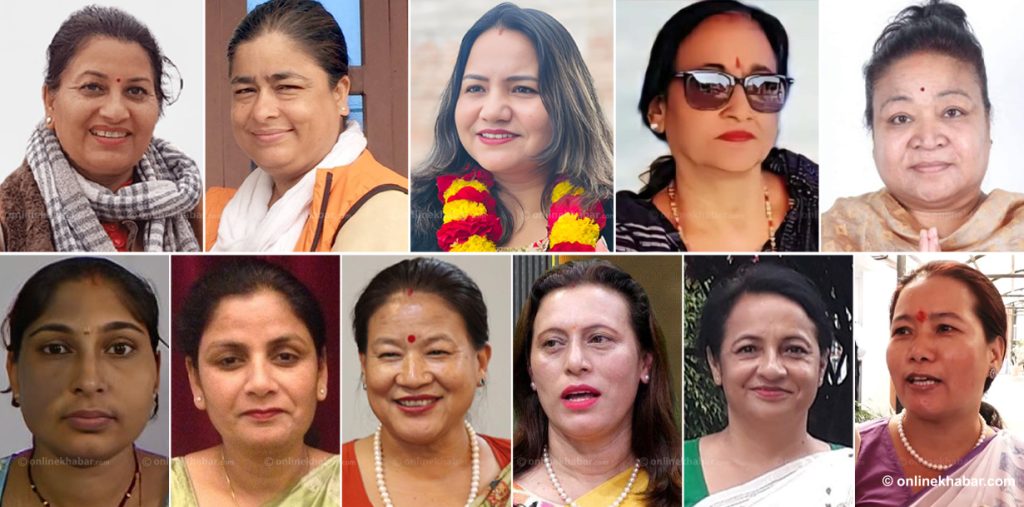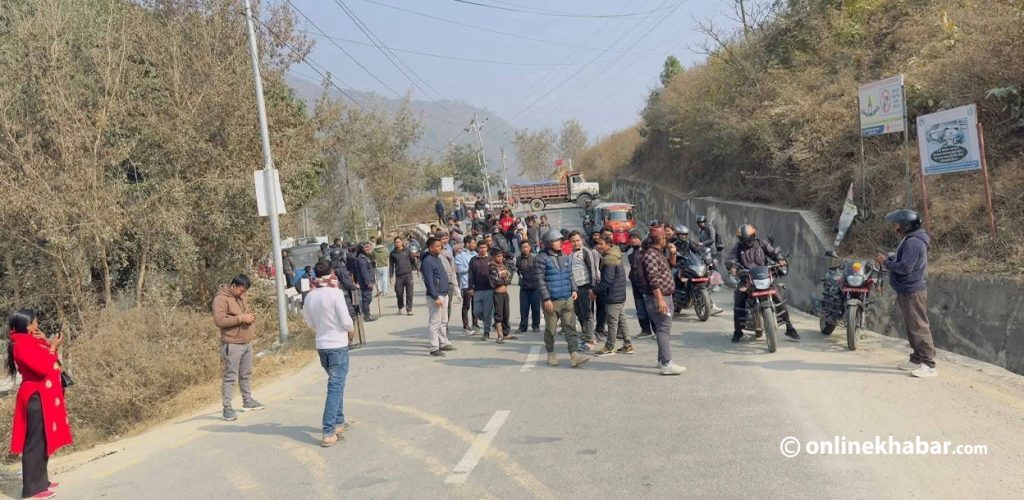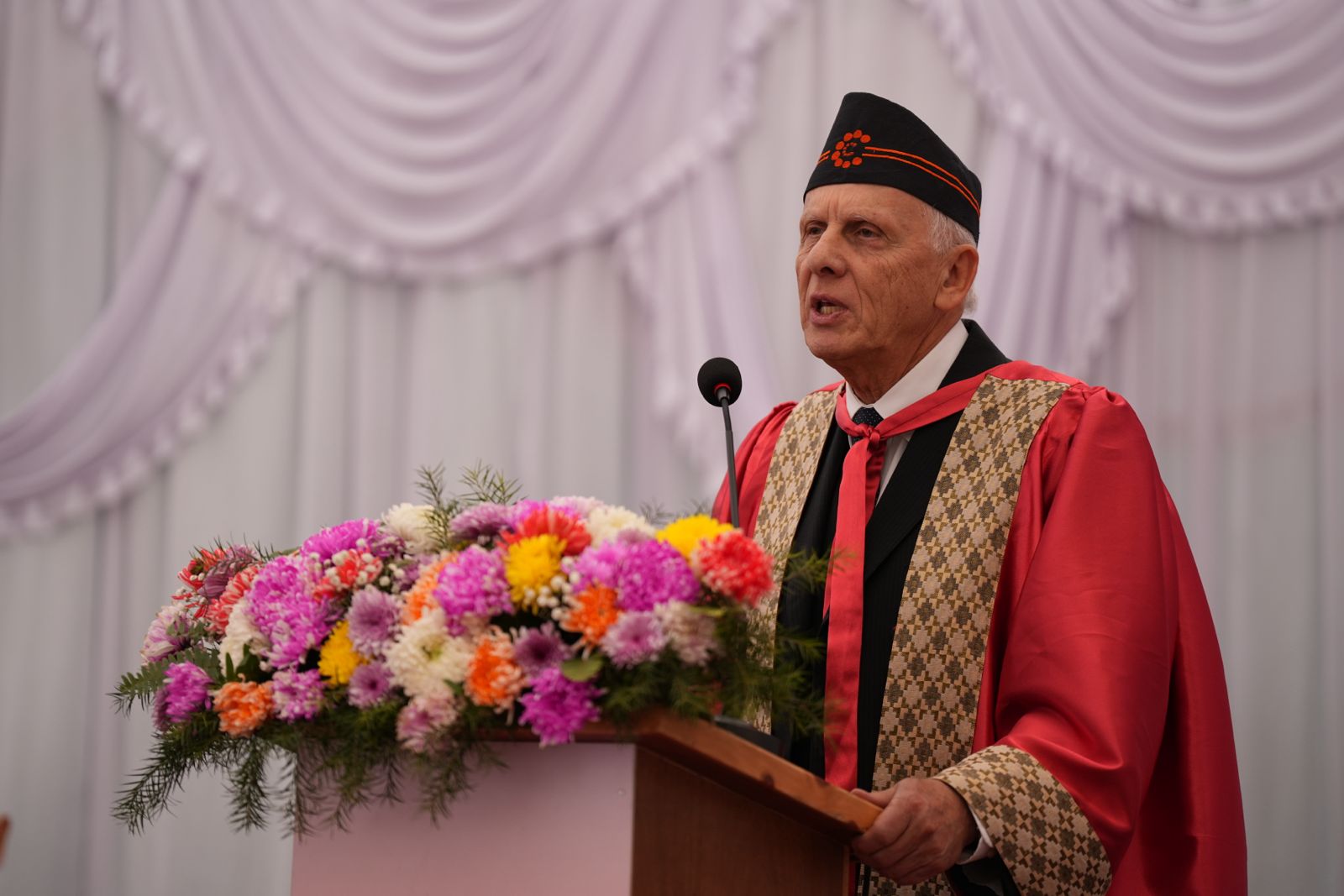
When Radhika left the Nepali soil for the US on Jan 10, 2020, Covid-19 was little-known. Sporadic news on the media reported a mysterious respiratory illness spreading in Wuhan, Hubei, China. But be that as it may, people cared the least about it.
In Kathmandu, some that included her husband’s close friends too shrugged it off with a wave of a hand. Some even went on to swagger, the virus could do nothing against our staple dal-bhat and besar–aduwa (turmeric and ginger). Curiously, it seemed true at first.
Americans too scarcely knew about Covid-19 before Jan 2020, let alone Radhika. Life remained no different, both in Nepal and the US. She was visiting her two daughters and grandsons, one in Colorado Springs, Colorado, the other in Findlay, Ohio. The daughters eagerly awaited their mother’s arrival. And Radhika could not wait to see them.
America
It was not her first time to the US, but it made her all fired up in anticipation and kept fussing over the big day as it drew closer. It seemed nothing uncommon for a mother as thousands of miles separated her from her daughters—all the greater since they were the only offsprings, a family of four, and she was bursting to see her two grandsons. Radhika lived with her husband in Kathmandu, both retired.
With time, things started taking a shift, though. About mid-January, the World Health Organization (WHO) first reported a “pneumonia of unknown cause” in Wuhan, China. The WHO advised against travel or trade restrictions at the time. Radhika was already in America by then.
Notwithstanding the statutory, the travel traffic saw no letting up, and life remained normal both in Nepal and America. People thought it was just another new virus among other respiratory illnesses like SARS, and MERS media reported time and again—nothing to fret over. So thought the people across the world.
Pandemic
The novel coronavirus proved everyone wrong. Even before people realized, the outbreak blew their scepticisms sky-high. The news started hogging the headlines across the globe—people began dying. Despite China being the nucleus, it had less than 300 dead by the last of Jan 2020, but it took the world by surprise as more and more people tested positive in America—soon outstripping China. February 29, 2020, reported the first death in the United States.
On March 11, 2020, the WHO declared the novel coronavirus outbreak a global pandemic. It shook the world with the announcement. Death figures seemed to mount by the minute. Helpless, people across the globe sat tight with unease and anxiety as the pandemic seemed to wreak havoc on the world’s third-largest nation and the most dominant economic and military power—the United States of America. The Americans, it seemed, were at the complete mercy of the deadly virus.
Colorado Springs
Radhika’s arrival ringed in fun-filled times for elder daughter Smriti (Smi) and Bodhi, the grandson—an apple of grandma’s eye—and Chris, Smi’s husband. Al, Smi’s father-in-law was no less pleased to see Radhika back again. And the daily routine seemed to juice up. The chats touched upon Nepal and America, with just a mention or two of the coronavirus. They had not the foggiest idea, a giant “jellyfish skulked a little beneath the water to wrap its stinging tentacles around its prey.”

As Smriti had to go to work, Radhika kept Bodhi company in the daytime. Bodhi, too, enjoyed staying home instead of going to a childcare centre. Come weekends, they spent time going to the malls, visiting the zoo, parks, museums and the like—fun time for everyone. A hiking freak, Smriti, once in a while, organised short trips, which Bodhi fancied a lot. Life seemed normal. And Radhika appeared the happiest.
Colorado is a mountain country. From the highest sand dunes in North America, the Rocky Mountain peaks that rise over 14,000 feet to red-rock formations that seem to rip from the bowel of the earth to the rolling grasslands of the eastern plains, the State of Colorado is America’s jewel in the crown. When Smi’s dad visited the US in 2014, he felt Colorado evoked images of Nepal.


Only three years old, Bodhi (the state of enlightenment in Nepali), for his sharp wit, and cute talk always stole his grandma’s heart. It is little secret kids can be real stubborn at times though. There were times when Bodhi’s sulks and temper tantrums hit the ceiling. Radhika recalls Smi was no different when she was his age in Nepal.

The meltdown would soon come, though, because his grandma had not grown grey hair all those years. She could handle it well. And, all the fuss turned into warm hugs and loving words. Bodhi was no less smart, either. He knew how to make her grandma happy. “Ha-ma (grandma), I love you,” he would say and snuggle up to her. That patched everything up.

Turning point
The good times, as it turned out, was not to be. The turn of events took an unexpected shift. The US was mortally hit by the pandemic with the death toll mounting each day, every minute, rocketing to biblical proportion— 2,388,225 confirmed cases of Covid-19 with 122,611 fatalities as of June 23, 2020—the world death figures recorded at 468,308.
And, New York seemed to take the brunt of it. Worst still, the death toll did not seem to abate, not by a long chalk. The New Yorkers were driven to near panic. And Nepal, too, had first few cases of Covid-19 deaths and the infection numbers too rose alarmingly. It seemed dal-bhat did not work a treat, after all.
The State of Colorado too was not spared. Although the county Smriti lived had no deaths, only coronavirus infection cases by the end of January, it was something not to be taken lightly, though as everyone knew well there was no vaccine or drug that worked against the deadly virus.
Findlay Ohio
As schools shut down in Colorado Springs, Smriti (she teaches in an elementary school) stayed home. The situation in Findlay, Ohio with Radhika’s younger daughter, Preeti (Bulbul, her pet name at home), was a little worrying, though. Schools started closing, so did the daycare centres, where Jay Veer, Radhika’s two-year-old grandson, had to be left before Preeti went for work. Jimmy, her husband, also had to report for work.

Soon, Ohio too was gradually in the grip of the outbreak. Next, a death was reported in Preeti’s county and the number of infected cases seemed to shoot up. She figured the daycare would no longer be safe. In any case, she reckoned she had to find a way . . . and fast.
Brainstorming
Preeti acted forthwith. She called Smriti in Colorado, and together, the two sisters and Radhika talked over the matter. It appeared since Smriti would be staying home, her mom could leave for Findlay and get Preeti out of the tight spot. The day was set for her departure.
First, the siblings decided, best their mother flew—the fastest approach. But they soon dropped the idea as it ran the risk of coming down with the deadly virus and decided on driving her instead. Easier said than done. It meant driving close to 1,275 miles (2,052 km), one way—almost two times the distance of Mechi to Mahakali. Not a sensible thing to do for either of them, they soon realised.
Eventually, following a little brainstorming, the answer to the problem was arrived at. Both the sisters would drive half the way, something like 690 miles (1,100 km) each, traversing across four states: Indiana, Illinois, Missouri, and Kansas—all in a day. That appeared the only best way out. Both daughters and mother agreed. So did Smi and Preeti’s dad in Kathmandu, who was constantly kept in the picture about the goings-on.

Off to Missouri: the “Show-Me State”
Yes, that’s how the State of Missouri in the United States was dubbed in the 1890s. Preeti’s dad in Kathmandu was aware, she would be driving nearly 700 miles (1,126.54 km) in a single day from Findlay to Kansas. “Oh, dear! Seven hundred miles. That’ll take me 10 hours, maybe more. I already feel jumpy even to think about it,” Preeti spoke aloud to herself.
Having driven a lot on Nepal’s highways in his heydays, Preeti and Smi’s dad was an old hand and knew what it was like to be behind the wheel for hours on end, to say nothing of the boredom and misgivings that motoring alone on an unfamiliar highway could invite. And Preeti was a stranger to driving long distances on interstate highways into the bargain. That bothered Preeti’s dad.
The day arrived for Preeti’s marathon drive to Kansas City, Missouri. Her dad conceived an ingenious idea that would keep Preeti more or less company on the highway. The plan was to video-chat with her all the way on Viber. Preeti jumped to the idea. She hated the idea of driving companionless for 10 excruciating hours. “Thank god, at least I’ll have dad to talk to,” she mused and brightened a little. Continued.




















